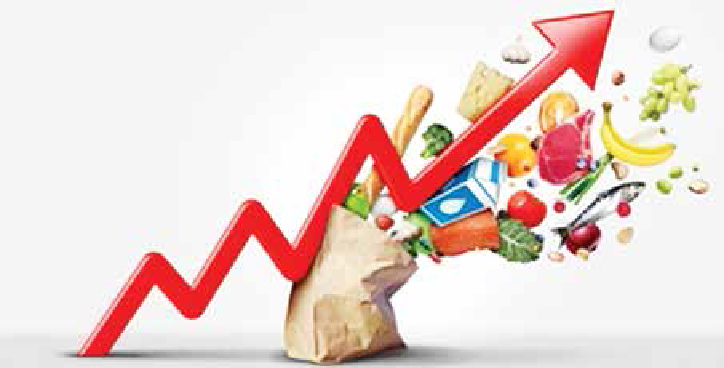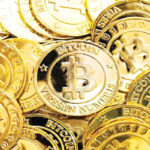
Inflation is threatening the growth of the telecommunication sector despite its increasing contribution to Gross Domestic Product.
This is as inflation eroded the N1.94tn gain that the telecommunication sector made in the first quarter of 2023 to N262.88bn, signifying a 636.85 per cent loss to inflation, by the sector.
In Q1, 2023, the telecommunications and information services sector contributed N5.60tn to nominal GDP, a 52.83 per cent year-on-year growth from the N3.67tn it recorded in Q1, 2022.
However, the increased contribution, when adjusted for inflation, only amounted to an 11.71 per cent increase with the sector’s real GDP contribution growing from N2.25tn to N2.51tn in the time under review.
According to economists, Nominal GDP is the market value of goods and services produced at a particular period while Real GDP is gotten after inflation has been factored into nominal GDP. They state that real GDP is the true reflection of the economic status of a country.
In March 2022, headline inflation was 15.92 per cent according to the National Bureau of Statistics. This increased to 22.04 per cent in the corresponding period of 2023 on the back of a surge in prices of food, electricity, gas, and more.
In Q1, 2023, Nigeria’s GDP growth rate fell to 2.31 per cent y-o-y, from the 3.11 per cent that was recorded in the corresponding period of 2022, in real terms. The NBS attributed the reduction in growth to the adverse effects of the cash crunch experienced, a result of the Central Bank of Nigeria’s naira redesign policy, in the quarter.
The service sector, of which telecoms is a subsector, drove the performance of the country’s GDP. It recorded a growth of 4.35 per cent and contributed 57.29 per cent to the aggregate GDP.
According to the former Minister of Communications and Digital Economy, Isa Pantami, the ICT sector (composed largely of the activities of the telecoms sector) currently contributes thrice as much as the oil and gas sector to the country’s GDP.
He stated, “For over 50 years, Nigeria relied so much on oil and gas. But today, we have reached a situation where the contribution of ICT to our gross domestic products in Nigeria is almost three times the contribution of oil and gas to the country’s GDP.
“In the last three years, we have set up three unprecedented records with regard to ICT contributions to the GDP.”
Nigeria has been battling with double-digit inflation for some time.
According to the World Bank, the country had one of the highest inflation rates globally in 2022. In 2022, it predicted that Nigeria was going to have one of the highest inflation rates globally and the seventh highest among Sub-Saharan African countries.
The multilateral lender explained that high inflation was hampering the country’s attempt to achieve economic recovery and had eroded the purchasing power of the most vulnerable households.
It added, “If double-digit inflation persists during 2022-2023, rising prices will distort consumption, investment, and saving decisions of the government, households, and firms, with adverse ramifications for long-term borrowing and lending.”





